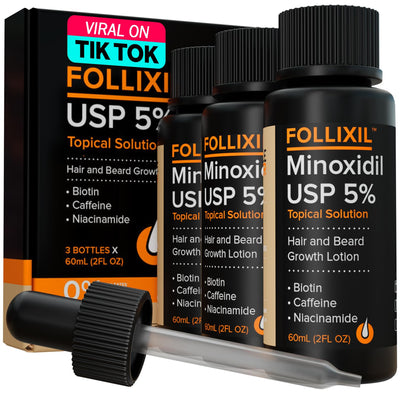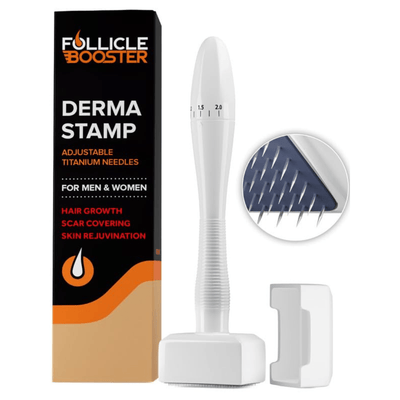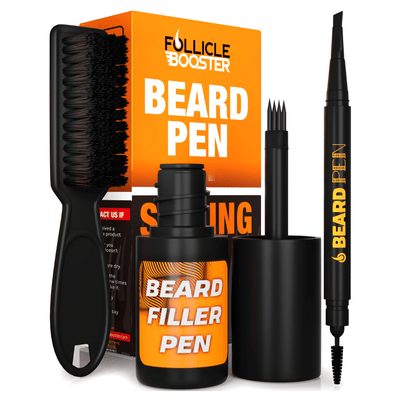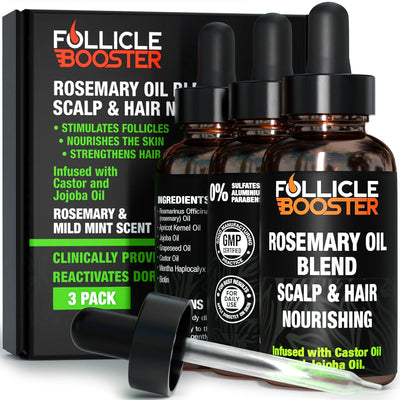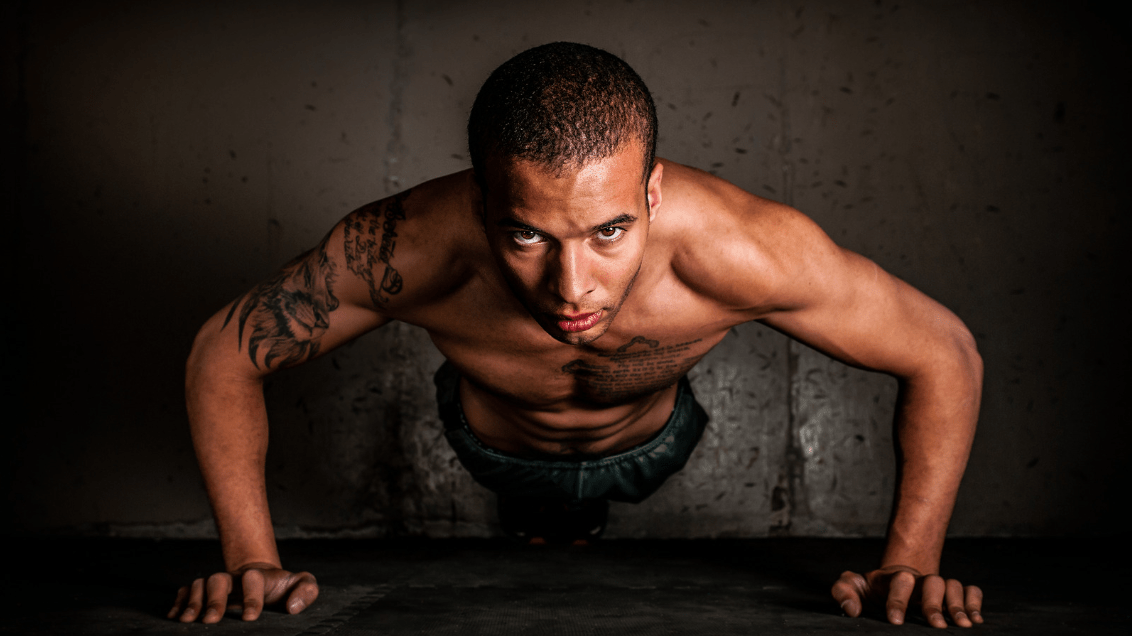Many fitness enthusiasts have been concerned that physical activity might lead to hair loss. With the rise in health consciousness and an increasing number of individuals adopting regular workout routines, it's natural to wonder if there could be a downside, such as hair loss. Let's delve into the relationship between working out and hair health to uncover the truth.
Short-Term Hormonal Fluctuations
One of the primary concerns linking exercise to hair loss is the effect of physical activity on hormone levels, specifically testosterone. Engaging in physical activities can indeed lead to a temporary increase in testosterone levels immediately after a workout. This spike is part of the body's natural response to exercise, enhancing muscle repair and growth. However, this increase is short-lived, and testosterone levels typically return to their baseline after a brief period.
Testosterone itself is not the culprit in hair loss; rather, its derivative, dihydrotestosterone (DHT), can influence hair follicles. Elevated DHT levels can lead to hair thinning and loss, particularly in individuals with a genetic predisposition to androgenic alopecia, commonly known as male or female pattern baldness. It's crucial to note that the temporary rise in testosterone from working out does not significantly impact DHT levels in a way that would cause hair loss.
Long-Term Exercise and Hormonal Balance
Contrary to the immediate effects of exercise on testosterone, long-term physical activity contributes to more stable hormone levels. Regular exercise helps regulate the endocrine system, promoting overall hormonal balance. This stability is beneficial for general health and well-being, including hair health.
Exercise reduces stress, another significant factor in hair loss. Chronic stress produces cortisol, a hormone that can negatively impact hair follicles and accelerate hair shedding. Regular physical activity helps maintain a healthier environment for hair growth by mitigating stress.
Androgenic Alopecia and Exercise
Working out poses no direct threat to hair health for individuals without androgenic alopecia. Androgenic alopecia is a genetic condition that affects hair follicles' sensitivity to DHT. If you do not have this genetic predisposition, the hormonal changes induced by exercise are unlikely to affect your hair.
Even for those with androgenic alopecia, regular exercise is not necessarily harmful. The benefits of physical activity, including improved cardiovascular health, better mood regulation, and enhanced overall well-being, often outweigh the potential risks. Additionally, a balanced diet rich in essential nutrients, adequate hydration, and proper hair care can further mitigate any minor impacts exercise might have on hair health.
Practical Tips for Maintaining Healthy Hair While Staying Fit
To ensure that your workout routine supports your overall health without compromising your hair, consider the following tips:
- Stay Hydrated: Proper hydration is essential for maintaining healthy hair. Drink plenty of water before, during, and after your workouts.
- Balanced Diet: Ensure your diet includes a variety of nutrients, particularly those known to support hair health, such as vitamins A, C, D, E, and B vitamins, as well as minerals like zinc and iron.
- Manage Stress: Incorporate relaxation techniques such as yoga, meditation, or deep-breathing exercises into your routine to keep stress levels in check.
- Gentle Hair Care: Avoid tight hairstyles that can pull on your hair and cause breakage. Use gentle hair products and avoid excessive heat styling.
- Regular Check-Ups: If you're concerned about hair loss, consult a healthcare professional or a dermatologist to rule out any underlying conditions and receive personalized advice.
Working out does not inherently cause hair loss. The temporary increase in testosterone post-exercise returns to baseline levels, and long-term exercise promotes stable hormone levels and overall health. For those without a genetic predisposition to androgenic alopecia, exercise has no direct effect on hair loss. Even for those with this condition, the benefits of regular physical activity far outweigh potential risks. By adopting a holistic approach to health that includes proper nutrition, hydration, stress management, and gentle hair care, you can enjoy the benefits of exercise without compromising your hair health.
